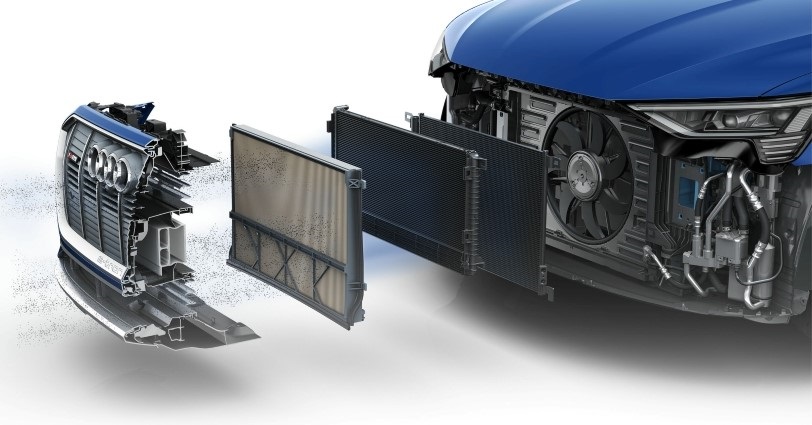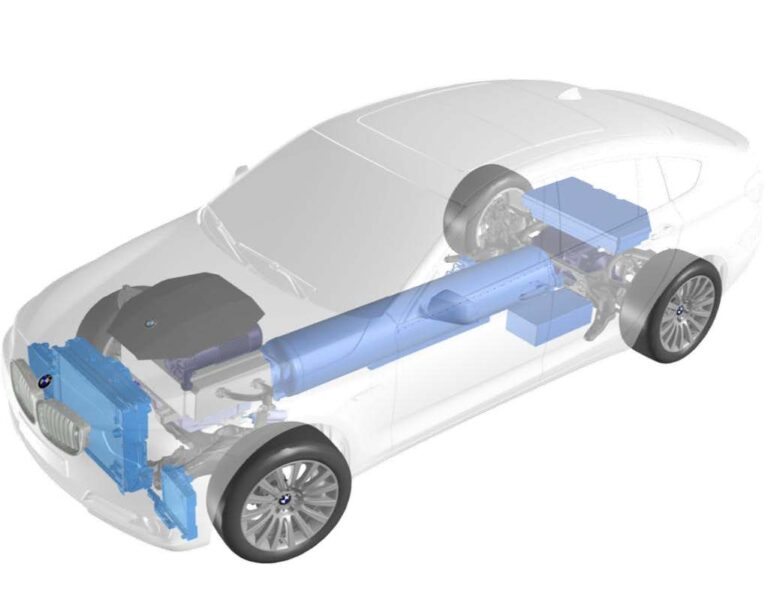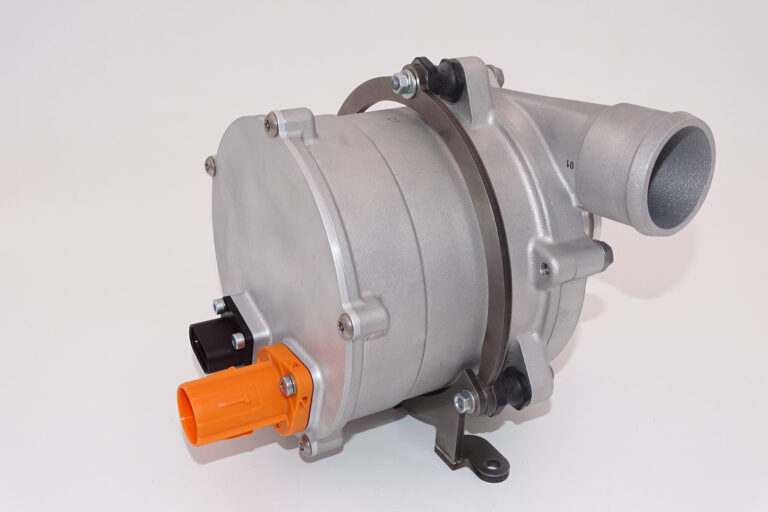Together with the supplier MANN+HUMMEL, Audi has now developed a filter for the front end that can collect particulate matter from its environment; it functions similarly to stationary systems that are already in use in some cities. The mobile version ensures not only are the car’s own particulate emissions absorbed, such as those of an Audi e-tron, but those of other vehicles can be absorbed as well – right where they are generated.
The pilot project was launched in 2020 and will run for a period of four years.

The filter is integrated into the vehicle’s existing airflow in front of the radiator so that only a few modifications to the car are necessary, keeping costs down. The filter element is controlled via the switchable cooling air inlet and its mechanical function is comparable to that of a vacuum cleaner. By a similar principle, the fine dust particles remain stuck in the filter and the air can still flow through it.
While driving, it passively filters by means of the movement of the vehicle; air flows through the filter system, which captures even the smallest particles. Another possibility is filtering during stationary charging. A fan that is already built into every electric vehicle conveys ambient air through the radiator – the system takes advantage of this process and can thus actively filter the air flowing through it, using the fine dust filter, ensuring the smallest particles are absorbed, even when stationary. This is ideal for use in urban environments, where the particulate matter pollution is much higher than in rural areas.
To make the system even more efficient, Audi is working with MANN+HUMMEL to connect with existing sensors such as weather stations, plus they plan to develop a display logic in the vehicle, allowing passengers to determine when the system is active and how much has already been filtered.
The filter is easy to maintain and must only be replaced when the regular service interval has been reached. A lifecycle analysis of the entire filter system has shown that it will account for 14.9 kilograms (32.8 lbs.) of CO2 equivalents. Additionally, the filter itself consists of 15% recycled material and the entire system is 60% recycled.



